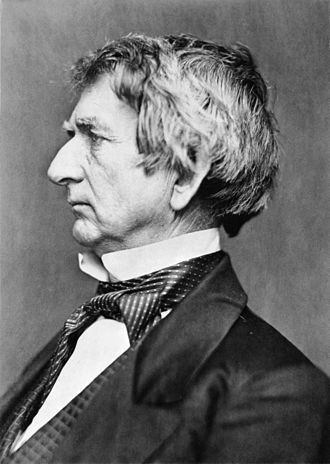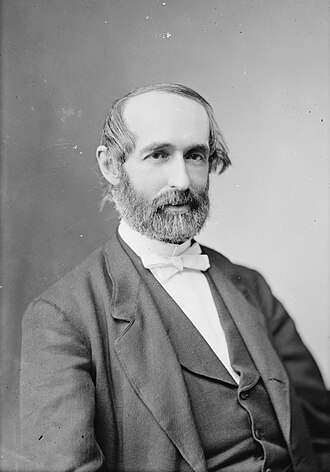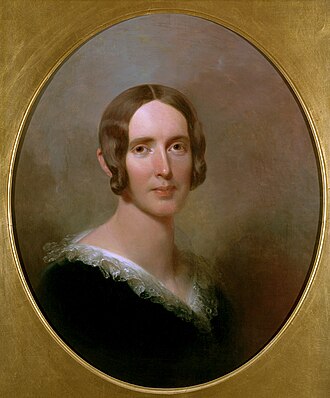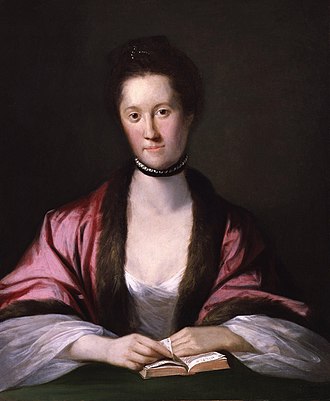Seward Last Name Origin, History, and Meaning
Where did the surname Seward come from? What does the surname Seward mean? Discover the history and meaning of the last name Seward and family migration on YourRoots Map.
Surname Seward Origin: What does the last name Seward mean?
The surname Seward is of Old English origin, with records dating back to the early 10th century in Scotland. It started to gain prominence in England during the 15th century and later expanded to the United States by the 17th century. By the 20th century, the Seward surname had grown significantly in the United States and remains prominent there, as well as in countries like England and Scotland, indicating a global spread over the centuries.
YourRoots data confirms the presence of the Seward surname in various countries, showcasing its widespread distribution. The name has a rich history and has been passed down through generations, maintaining its significance in different regions. Today, the Seward surname continues to hold a place in family histories across the world, reflecting a legacy that has transcended time and borders.
Seward Last Name History: Where did the last name Seward come from?
Origin of Seward Surname: Where does the last name Seward originate from?
According to YourRoots data, the surname Seward first appeared in records from Scotland (United Kingdom) around the early 10th century. Please note that this reflects only YourRoots data for the exact Seward spelling and does not include other record sources or surname variations.
History of the Last Name Seward: What does the Seward surname history look like in the early days?
The Seward surname started growing significantly in England (United Kingdom) during the 15th century and further expanded to the United States by the 17th century. YourRoots data also shows Seward family records in countries like Scotland, indicating global spread over the centuries.
Global Spread: Where can we find the Seward surname today?
By the 20th century, the volume of records with the Seward surname grew significantly in the United States. The Seward surname remains prominent in the United States. It appears in many countries, including England, Scotland, and other regions.
Explore Seward last name heritage and Seward surname origin based on YourRoots Map data
 VIEW THE ORIGIN OF SURNAME SEWARD
VIEW THE ORIGIN OF SURNAME SEWARDFamous People With Seward Surame?

William H. Seward
William Henry Seward (May 16, 1801 – October 10, 1872) was an American politician known for his role as United States Secretary of State from 1861 to 1869. He was a vocal opponent of slavery, a key figure in the Republican Party, and played a crucial role in preserving the Union during the Civil War. Seward also negotiated the purchase of Alaska from Russia, known as the Alaska Purchase. His strong stance against foreign intervention in the Civil War helped maintain Union unity. Despite surviving an assassination attempt, Seward continued to serve in various political roles, leaving a lasting impact on American history.

John Seward
John "Jack" Seward, M.D. (birthdate - death date) is a fictional character from Bram Stoker's novel Dracula. He is an administrator of an insane asylum who works with Dr. Abraham Van Helsing to combat the vampire Count Dracula. Seward is known for his use of modern technology, like a recording phonograph, to document his encounters with patients. In various adaptations, he is portrayed differently, from Mina Harker's father to Lucy Westenra's suitor. Seward's character has been featured in films, TV series, stage productions, and even radio dramas, showcasing his enduring presence in popular culture.

Frederick W. Seward
Frederick William Seward (July 8, 1830 – April 25, 1915) was an American politician and Assistant Secretary of State under Presidents Abraham Lincoln, Andrew Johnson, and Rutherford B. Hayes. He played a crucial role in warning President Lincoln of an assassination plot in Baltimore and survived an attempt on his own father's life during the same night Lincoln was murdered. Seward also testified in the impeachment trial of President Andrew Johnson. With a background in law and politics, he made significant contributions to U.S. foreign relations and diplomacy during a pivotal period in American history.

Frances Adeline Seward
Frances Adeline Seward (September 25, 1805 – June 21, 1865) was the First Lady of New York, known for her strong abolitionist beliefs and active involvement in the Underground Railroad. She was married to William Henry Seward, a prominent politician who served as Governor of New York and United States Secretary of State under President Abraham Lincoln. Frances played a crucial role in her husband's political decisions and was a champion of women's rights. Despite facing personal tragedy, including an assassination attempt on her husband, Frances remained steadfast in her convictions until her passing.

Anna Seward
Anna Seward (Dec 12, 1742 - Mar 25, 1809) was an English Romantic poet known as the Swan of Lichfield. Raised in a literary circle that included Samuel Johnson and James Boswell, she showed a talent for writing from a young age. Seward's progressive father encouraged her education, leading her to become a respected poet in her own right. Despite offers, she remained single and outspoken about marriage, much like her niece Maria Edgeworth. Seward's work was recognized in literary salons and posthumously published by Sir Walter Scott, solidifying her legacy in the world of poetry.
All images displayed on this page are sourced from Wikipedia or Wikimedia Commons.We use these images under their respective Creative Commons or public domain licenses. Wherever applicable, author attributions and license information are provided. If you believe an image is used incorrectly or outside its license terms, please contact us so that we can review and correct the issue.




.png)